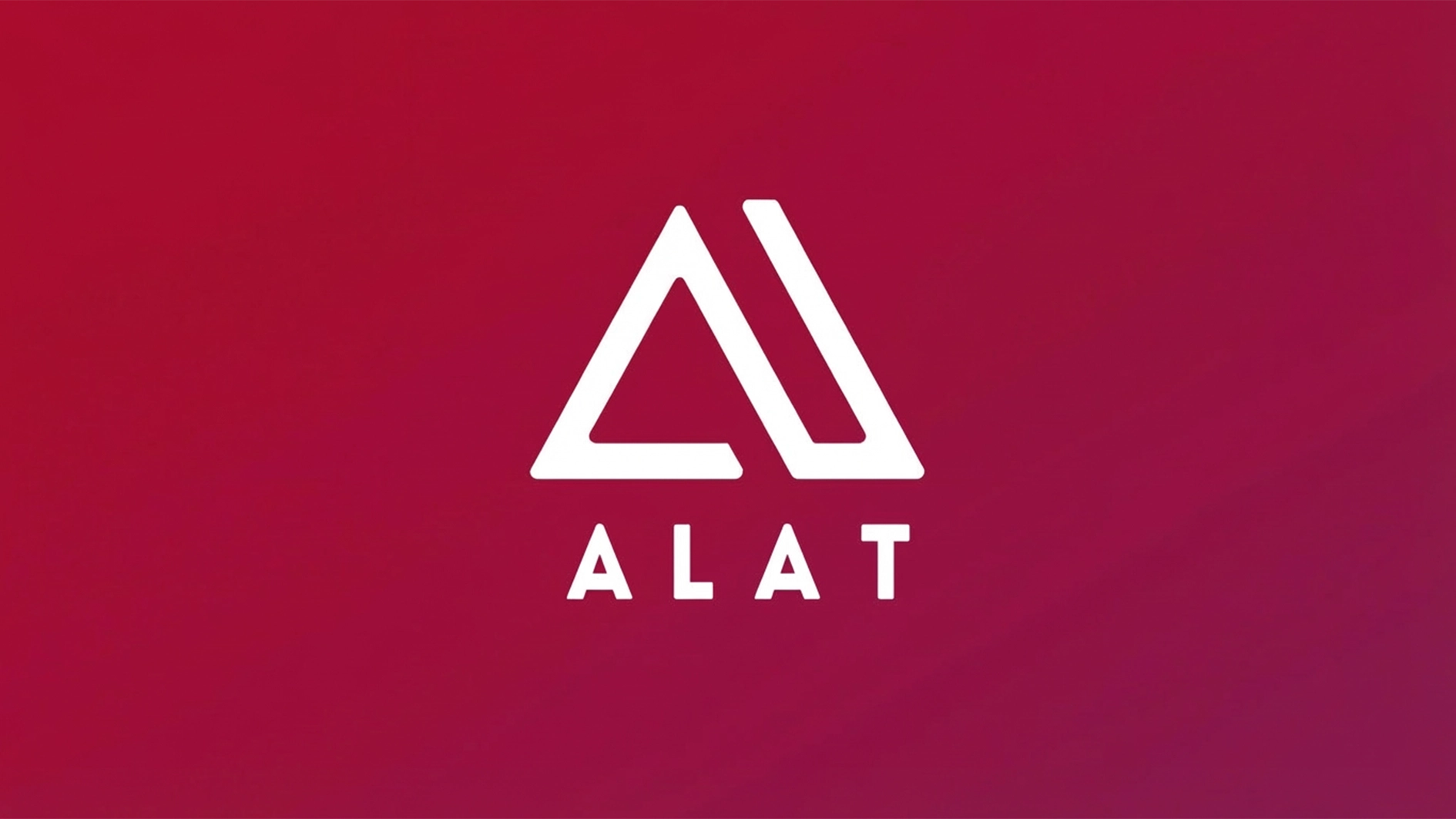
To aid the realisation of the five-year development agenda of the Nigerian Industrial Revolution Plan (NIRP), stakeholders in the value-chain have strategised to build capacities of key actors in the project to enhance implementation.
Specifically, the United Nations Industrial Development Organisation (UNIDO), and the Federal Ministry of Industry Trade and Investment (FMITI) as well as other stakeholders, noted that with collective efforts from appropriate agencies and parastatals, the development agenda would be implemented with ease.
The capacity building exercise, classified into modules, had the participants groomed to become versed in areas that support and develop competencies to implement industrial projects, facilitate policies, tackle issues on how to lead businesses, manage people, among others.
Organised by UNIDO statistics in conjunction with the FMITI in Lagos, the project facilitator, Adetola Sogbetan, said if industrialisation in Nigeria is galvanised, it will improve a lot of lapses through job and wealth creation and also sustain the economy, thereby curtailing the country’s much dependence on oil.
He said: “UNIDO came up with this training because these are the sets of people that will be assisting the government in driving the programme but you cannot drive it if you do not know what to do.
“In this training, you identify a challenge, think and ask for solutions which will now lead to generating ideas and developing a business plan. I have to take them through the oracles of business plan because they will be working with industries to grow the economy.
“People just start business because they want to make money whereas in other parts of the world, people in the industry commence from someone solving a particular problem. There must be an idea. In Nigeria most people complain about problems with seeking solutions.”
For instance, a key objective of the UNIDO involvement in the NIRP is to train Ministry Project Officers in areas necessary to develop and implement the NIRP itself.
According to UNIDO, the program also provides implementation support in selected pilot project sectors identified and validated by the government in order to achieve quick, tangible, results that will lend themselves to upscaling and replication in the long-term.
Describing the NIRP as an interwoven document that requires the collective efforts from appropriate agencies for effective implementation, the Deputy Director, Textile and Wood, Industrial Development Department (IDD), FMITI, Jatau Barnabas, sued for synergy among key parastatals to implement the document.






